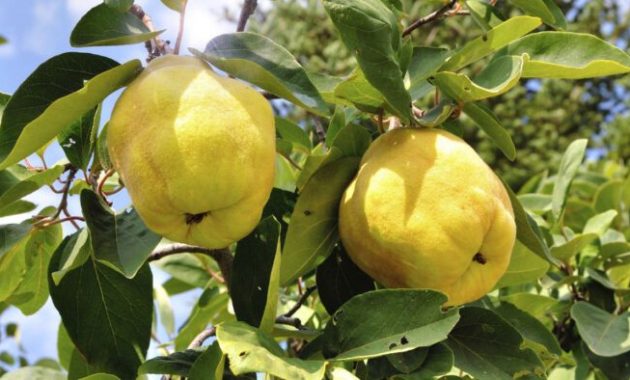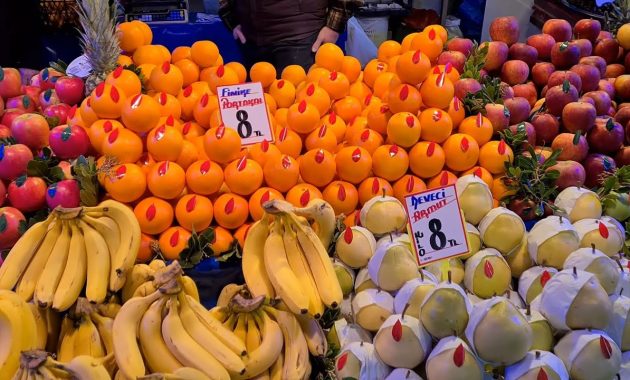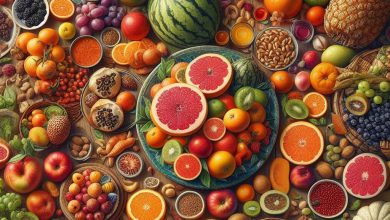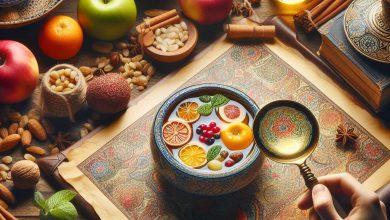HEALTHY FRUITS IN TURKEY
Most will answer this question quite predictably: a relatively budget vacation, a short flight, a fairly high level of service, clean beaches and hot sun. For lovers of cultural recreation, there are interesting excursions here, but even a simple walk through the old Turkish streets will leave a lot of positive emotions. Most of the houses and hotels are literally buried in flowers and greenery. And numerous shops and bazaars will offer you a huge selection of souvenirs, sweets and fruits.
The warm mild climate and excellent geographical position allow growing a wide variety of fruits and getting several harvests.The first few tourists have the opportunity to taste early strawberries, medlars and mulberries. In the same month, oranges continue to be harvested. By the way, oranges and bananas are the most productive fruits: they are harvested several times a year. The main fruits in May are strawberries and cherries.
The main fruits in Turkey in September are apples, grapes, pears, plums, melons. Pomegranates, figs and the first tangerines ripen. The tourist flow is gradually decreasing, prices are falling. By the end of September, the watermelon-melon period ends. The main fruits in Turkey in October are citrus fruits. A new harvest of oranges begins, tangerines and lemons ripen.
Late varieties of apples, pears, grapes ripen. In addition, avocados, pomegranates, quince, persimmons ripen.You can buy almost everything familiar to us. There are many modern agricultural enterprises in the country, in the greenhouses of which vegetables ripen throughout the year.

They are sold by local shops and supermarkets, and are also exported. In winter, each of us probably had to buy bright red, beautiful, like from a picture, Turkish tomatoes, which are sold in every supermarket. But winter tomatoes, of course, simply cannot be compared in taste with summer ground ones.
Cucumbers, eggplants, zucchini, asparagus beans, carrots, onions are grown in Turkey. We also note some unusual vegetables: momordica, artichoke, okra, “prickly zucchini”, “Cypriot potato”. In national restaurants, they are used to prepare traditional dishes. But it is unlikely that you will be able to try them in a hotel; to evaluate the national cuisine, it is still better to go to a local restaurant.
Many travelers are interested in what exotic fruits they can try in Turkey. Basically, all the fruits are quite familiar to us, because they are exported to our country.
There is an opinion that more than half of the fruits that are known on our planet are sold in local markets! Some of them, such as dragon fruit, rambutan, lychee, pineapple, of course, are imported. Of the local varieties, citrus fruits, bananas, mulberries, myrtle berries, pomegranates can be mentioned.
Many tourists note a rich selection of fruits, but few people think about the fact that these fruits and vegetables are often imported. Some hotels, wanting to save money, buy not the most expensive imported products.
Before giving fruits and vegetables to your child, wash them thoroughly and try them for yourself. The restaurant serves washed products, but we still recommend that you carefully check whether they have been washed well.

After you have settled in the hotel, ask where the nearest bazaar is. You will not regret if you plan a trip there: the most delicious, fragrant and juicy gifts of nature are sold there. At your request, local merchants will definitely give you a taste of the selected fruits. And you can also be sure that the fruits growing in Turkey are environmentally friendly.
because the use of chemicals in the fields is prohibited by law. The Turkish Bazaar is not just a place of ordinary trade. Local markets are distinguished by their authenticity, beauty and tradition. Eyes run up from a variety of goods and exotic fruits. Merchants behave somewhat intrusively, but what can you do? There is such a tradition in the eastern markets – to invite the buyer, and then long and “theatrical” bargain.
Recently I decided to ask if okra is sold with us. Found only in online stores in frozen form.Of the vitamins, it contains A, C, B6. From minerals: calcium, iron, magnesium, manganese, phosphorus, potassium, zinc. In Turkish supermarkets, it is sold fresh, frozen and canned. Usually okra is stewed with meat, onions, bell peppers and tomato paste.
Cypriot potato or Taro grows in the Gazipasa region (Antalya province). Taro is very beneficial for the body. Strengthens vision, improves the condition of the skin and hair.
Cypriot potatoes contain vitamin B6, Vitamin E, copper, manganese. Taro is stewed with meat, vegetables and chickpeas.
The artichoke is very good for health. The fruits contain little fat, but a lot of fiber, vitamin C and K, minerals (magnesium, phosphorus, potassium and iron) and antioxidants.
In Turkish bazaars, the artichoke is sold both fresh (peeled and unpeeled) and canned. Artichokes are used to prepare dishes with potatoes, meat and other vegetables.

